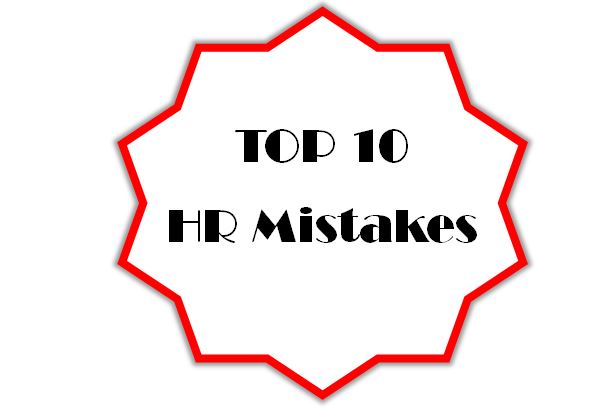
Innovative Hiring Alternatives
April 4, 2019
Top 10 HR Mistakes
April 22, 2019Many employers routinely ask applicants for salary history on the employment application or during an interview. Recent legislation could make it illegal to do so. The Paycheck Fairness Act (H.R. 7) was passed by the House on March 27 and now moves to the Senate for debate and vote.
The Paycheck Fairness Act was first introduced in 1997 and has been re-introduced every year since by Rep. Rosa DeLauro (D-CT) to close loopholes in the Equal Pay Act of 1963, which required that men and women receive equal pay for equal work. Despite this law, women who work full time in the United States make, on average, 82 cents for every dollar their male counterparts make.
The American Association of University Women found in a 2013 study that women get paid 6.6 percent less than men in their first jobs, even after considering factors such as job location, occupation, college major, and number of hours worked.
According to Alexandria Fernandez Campbell, “There are several reasons for the pay difference. Women are less likely to negotiate pay, and more likely to be penalized when they try. They are also more likely to choose career fields that pay lower salaries and are often pushed out of the highest-paying professions in the country, which reward workers who put in long hours — schedules that disproportionately hurt working mothers.”
Fourteen states and 12 municipalities have already banned asking questions about salary history during the hiring process. Even if the Paycheck Fairness Act is not passed by the Senate, employers should consider removing salary history questions from their employment application and interview process for the following reasons:
- Hiring the best applicant should not be dependent upon what a previous employer paid that person. Salaries vary greatly depending upon size of company and geographic location.
- Salary history also doesn’t determine how good a “fit” the applicant will be for the hiring company. A good interview process can help determine an applicant’s communication skills, problem-solving capability, time-management style, and ability to resolve workplace conflicts – these are the factors that determine an employee’s success in today’s work environment.
- Hiring the “cheaper” applicant doesn’t mean that the employer is getting a bargain. Often, it may mean that the newly-hired employee will continue looking for a job that will pay a salary commiserate with work experience and market value, and that the company will soon be searching for another new employee.
When is it appropriate to discuss salary?
- Employers may certainly advertise a salary range when recruiting for a vacant position; this helps weed out applicants who want more money than the company is willing to pay.
- Once the best candidate is selected, then it is appropriate to negotiate salary based on what the applicant brings to the job (work experience, education, certifications, etc.) and how well the applicant will “fit” into the organization.
An HR professional can help you with all of your human resources needs, from developing a legally -compliant application form, hiring the right employees, running background checks, creating employee handbooks that include anti-harassment policies and procedures, managing employee performance, staying legally compliant, automating employee records, and anything else you need to create an environment where employees can provide the services that you need to run your business.


